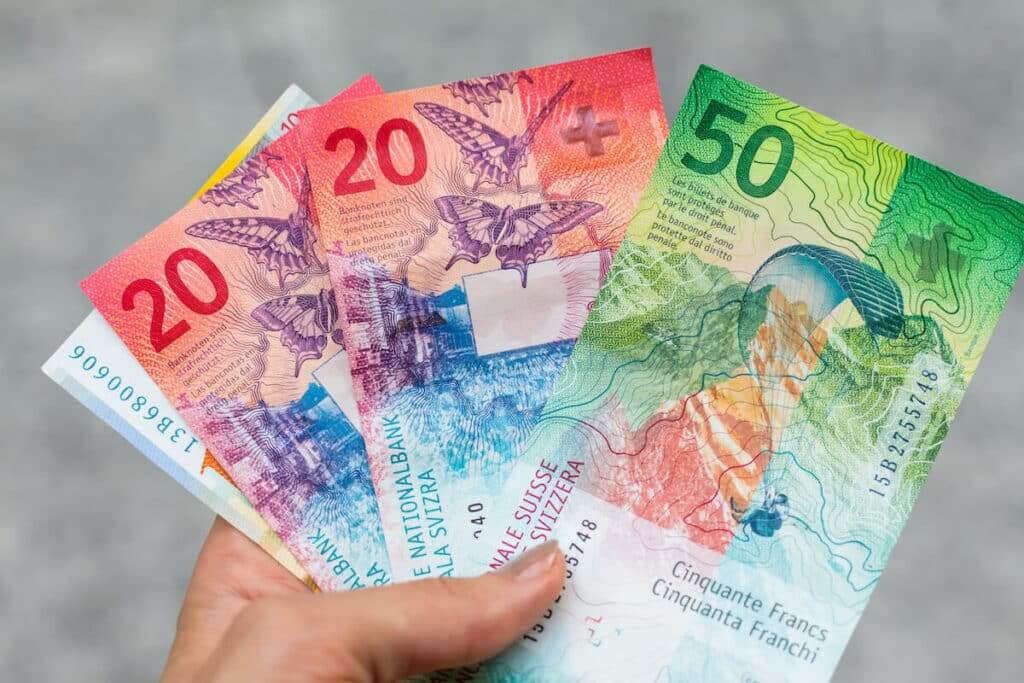
Get Your Free 1st Issue
Your Homes Overseas Magazine!
Discover the best destinations, property tips, and lifestyle insights from around the world.
GET YOUR FREE MAGAZINE HERE!

Discover the best destinations, property tips, and lifestyle insights from around the world.
GET YOUR FREE MAGAZINE HERE!

A recent headline stopped me cold as I sipped my morning coffee: “The Dollar Has Its Worst Start to a Year Since 1973,” according to The New York Times, with a drop of over 10% in 2025. This isn’t a random market hiccup but a signal of deeper, structural shifts, skyrocketing U.S. debt, evolving global trade dynamics, and growing skepticism about the dollar’s dominance as the world’s reserve currency. These forces threaten the purchasing power of your savings, making it critical to act now to safeguard your wealth. One option many investors explore is diversifying into property abroad through an international real estate listing, which offers opportunities in stable and growing markets.
Several factors are converging to erode the dollar’s strength:
I’ve been warning about these trends for years in articles like The World Dumps Trump’s Dollar, A Global Coup Against America, and King of the Currencies No More?. The evidence has been clear: a storm was brewing, and 2025’s dollar decline confirms it’s here.
A declining dollar isn’t an abstract economic issue, it hits your wallet directly. When the dollar’s purchasing power drops, imported goods like fuel, electronics, and food become pricier. For retirees on fixed incomes or savers relying on dollar-based assets, this acts like an invisible tax, eroding wealth over time. Inflation, already a concern, accelerates as import costs rise, squeezing budgets for essentials and discretionary spending alike.
For example, a 10% dollar drop could increase the cost of imported groceries or gas by a similar margin, forcing you to spend more or cut back. For expats or travelers, a weaker dollar means less purchasing power abroad, making living or vacations costlier. Ignoring this trend risks a slow but steady drain on your financial security. If part of your strategy includes owning real estate overseas, check out our guide to smart strategies for buying property abroad to make informed, lower-risk decisions.
Protecting your wealth doesn’t mean predicting a collapse, it’s about prudent risk management. I view a declining dollar like any other financial risk: worth insuring against. Here’s how I’m safeguarding my portfolio, and how you can too:

Gold is a time-tested hedge against currency devaluation. I hold physical gold (bars or coins) and a diversified mix of gold stocks, such as ETFs or shares in reputable mining companies. Gold isn’t about speculation, it’s a reliable store of value when fiat currencies falter. In 2025, gold prices will rise steadily, reflecting its safe-haven status amid dollar weakness.

Bitcoin serves as a modern insurance policy. Its fixed supply (21 million coins) and decentralized nature make it immune to government manipulation. While volatile, its long-term potential as a store of value complements gold’s stability. I allocate a small, calculated portion of my portfolio to Bitcoin, balancing risk with reward.

Switzerland’s fiscal discipline and stable currency make the Swiss franc a dependable hedge. I hold a portion of my savings in francs, either through a Swiss bank account or currency ETFs. The franc’s strength during global uncertainty adds a layer of protection against dollar erosion.

Spreading assets beyond the U.S. dollar is key. I invest in foreign real estate, such as a rental property in a stable market like Costa Rica or Greece, where property values often rise with local currencies. Foreign bank accounts or international ETFs provide exposure to stronger currencies like the euro or Canadian dollar, cushioning against dollar declines.

Tangible assets like silver, agricultural land, or commodity ETFs (e.g., tracking oil or metals) hold intrinsic value independent of the dollar. These assets often appreciate when currencies weaken, offering another layer of protection.
Protecting your portfolio doesn’t require drastic action or betting everything on one asset. A balanced approach, allocating 5-20% of your net worth to hedges like gold, Bitcoin, or foreign assets, can mitigate risk without overexposure. The goal is resilience, not panic. For instance, a $500,000 portfolio might include $25,000 in gold, $10,000 in Bitcoin, and $15,000 in a foreign ETF, with the rest in traditional stocks and bonds.
Diversification isn’t just about assets, it’s about mindset. Staying informed and adaptable is crucial as global economics shift. Regularly review your portfolio, consult a financial advisor, and consider small, incremental moves to reduce dollar dependency.
Some may dismiss this as alarmist, thinking, “The dollar won’t collapse.” It doesn’t need to. A slow decline, as we’re seeing now, erodes wealth through rising costs and diminished global influence. Waiting for a dramatic crash is a mistake, each percentage point the dollar drops chips away at your purchasing power.
Think of it like fire insurance: you don’t buy it expecting a blaze, but you’re glad it’s there if flames appear. Acting now, whether by buying gold, exploring Bitcoin, or diversifying abroad, can shield you from the dollar’s “thousand paper cuts.” A little preparation today can prevent a scramble tomorrow. To explore global property options or get guidance on diversifying, contact us for expert support.
High U.S. debt ($35 trillion+), aggressive tariffs reducing trade, and countries like China and India shifting to non-dollar trade for oil and goods are reducing global demand for the dollar.
It raises the cost of imported goods (e.g., fuel, food, electronics), acts as a hidden tax on fixed incomes, and reduces purchasing power for travel or living abroad.
Yes, gold historically holds value during currency weakness. Physical gold or gold ETFs are reliable hedges, though they don’t generate income and require secure storage.
Bitcoin can be a hedge due to its fixed supply and decentralization, but its volatility requires caution. Allocate a small portion (e.g., 1-5% of your portfolio) to balance risk.
Invest in foreign real estate (e.g., rental properties in Costa Rica or Greece), open a foreign bank account, or buy international ETFs in stable currencies like the euro or Swiss franc. Consult a financial advisor to navigate regulations.
About International Property Alerts
International Property Alerts is a premier global platform connecting real estate investors with handpicked opportunities in emerging and lifestyle-driven markets. Through curated listings, expert guidance, and market insights, we help buyers make confident property decisions worldwide.
Media Contact:

Phone: +4477 1923 8132
📱 WhatsApp: +63927 073 9530
Email: office@internationalpropertyalerts.com

Elle Resort & Beach Club offers a rare chance to own property in one of the most desirable coastal locations. With limited units, strong capital growth potential, and unmatched resort facilities, this is your opportunity to secure a beachfront lifestyle with long-term value.

Thinking about buying property abroad? Don’t make the move without the right knowledge. Our Free Buyers Guide gives you essential insights on legal steps, taxes, financing, and the best markets worldwide. Trusted by international buyers and investors.

Wake up to bright, spacious living with stunning views and modern comforts. Whether for family living, retirement, or a stylish retreat, Sudara Residences makes your dream home a reality

Discover curated property listings with IPS—residential, commercial, villas, land—and get expert guidance through every step.
BONUS: FREE Cambodia Buyer’s Guide

High visibility. Targeted audience. Maximum exposure. Rent this space and let your brand shine.

Get your properties in front of high-intent investors. Showcase your listings to buyers worldwide.

From pounds to pesos, yen to dollars. ⚡ Quick. Easy. Secure.
Compare listings
ComparePlease enter your username or email address. You will receive a link to create a new password via email.